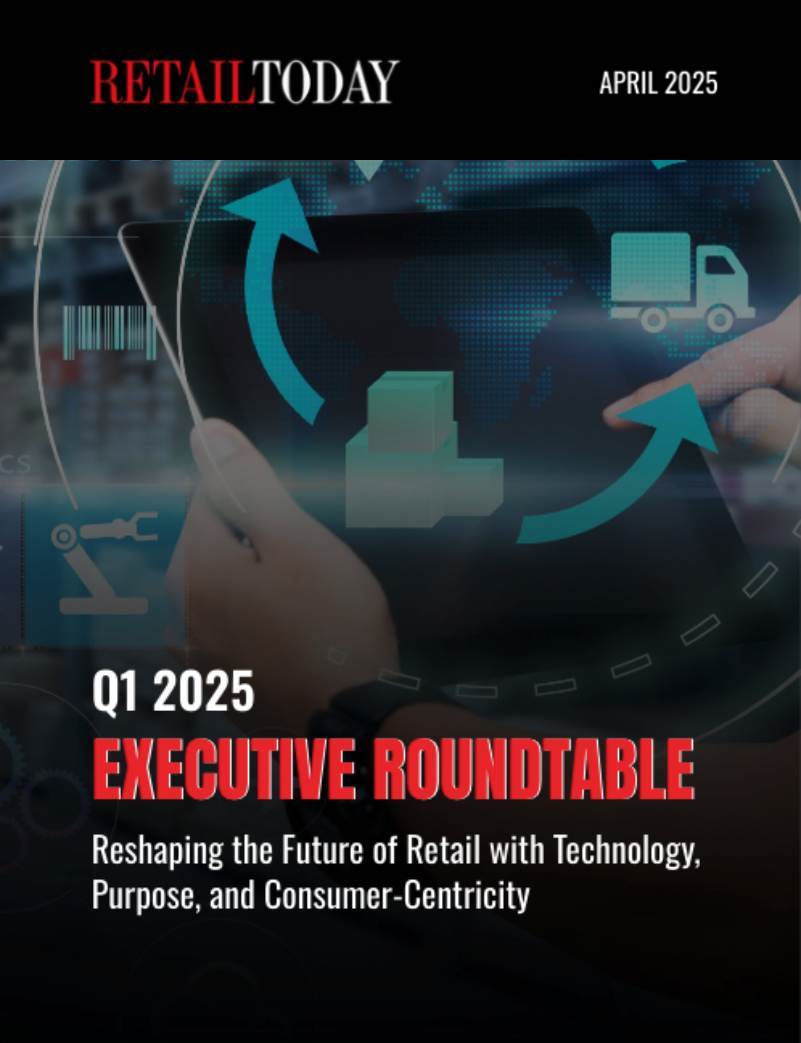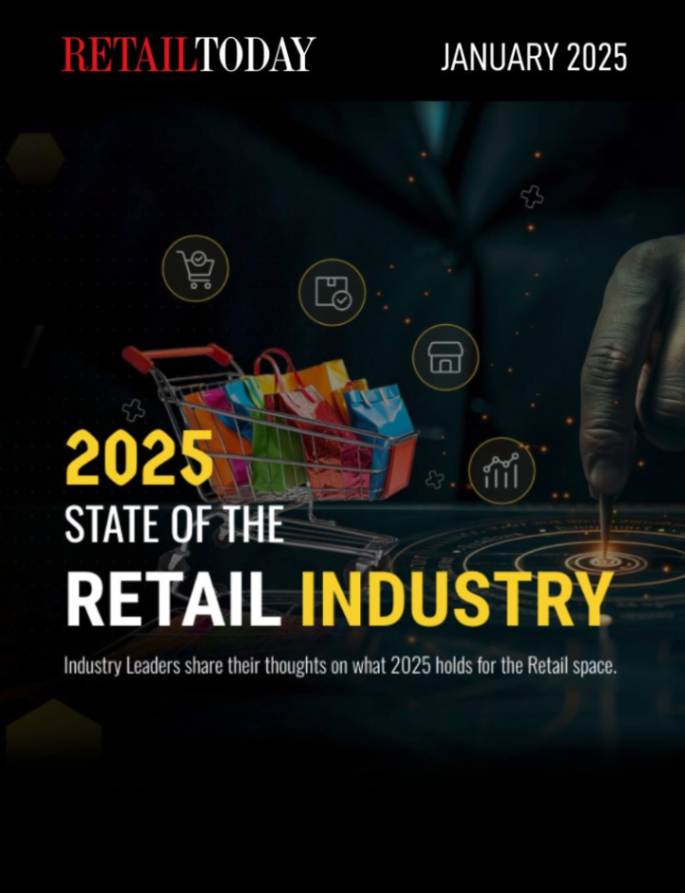
As retailers increasingly rely on e-commerce to stay competitive, indirect tax compliance inevitably becomes more complicated. Online sales pose unique challenges as purchases can be sourced and delivered to just about anywhere.
Pure brick-and-mortar retailers rarely have to grapple with determining where to accurately collect and remit sales tax because the seller, buyer and product are all in the same location at the time of purchase. They also don’t typically need to solve the complexity of selling through multiple platforms or marketplaces.
With the sales tax landscape constantly changing, being able to seamlessly sell anywhere to anyone becomes a much bigger challenge.
Thankfully, the same approach that has allowed businesses to scale their online presence dramatically in recent years can also help them integrate and automate their tax processes.
Starting the Tax Transformation Journey
Much like the broader technology modernization journeys that organizations have been on over the last decade or more, a successful tax transformation requires thoughtful planning. Before any solution is purchased, the tax, IT and finance teams need to be lockstep and equally involved.
As CFOs take on larger roles in shaping corporate strategy and providing the financial data points to determine the next strategic pivots, it is more important than ever for tax leaders to work closely with finance chiefs. This helps ensure that tax is informed and involved in transformation initiatives.
Addressing Complexity through Automation
Once an organization is ready to start acting on their plan and solving their challenges, it should start focusing on the end-to-end components that will comprise their tax technology pipeline. Key to this process is making sure automation is baked into every step.
Many businesses have relied on manual processes and spreadsheets to manage tax calculation and reporting. That’s just not scalable from a complexity or efficiency standpoint now. An end-to-end automated solution allows companies to manage everything from planning, research, taxability and exemption management to calculation and audit support.
The good news is that today’s tax automation solutions have reached new levels of sophistication and functionality with unprecedented capability and integration options.
In fact, these solutions go well beyond just automating basic processes. By leveraging advanced, predictive analytics, tax data can be used to help businesses run more efficiently and effectively. This is the ultimate vision of a tax transformation. While compliance may be the catalyst for modernization, fully realizing the capabilities of AI and ML-driven automation means going beyond just operational survival and towards transforming data into actionable intelligence for strategic success.
With growth comes increasing complexity, especially when it comes to tax compliance. There are more than 19,000 tax jurisdictions worldwide. It is no longer feasible to manage that level of complexity manually. By involving the tax department in business strategy decisions alongside the IT and finance leaders, businesses can expand with minimized risk to tax compliance.
Pete Olanday is the Director of Consulting for Vertex’s Vertical Solutions, which includes Retail, Leasing, and Telecommunications. Pete is responsible for the integration of Vertex’s Indirect Tax solutions in the retail space, specifically with Point-of-Sale (POS) systems and ecommerce platforms. He has been with Vertex for 11 years and has 25 years of system integration experience, 21 of which in the retail industry.






